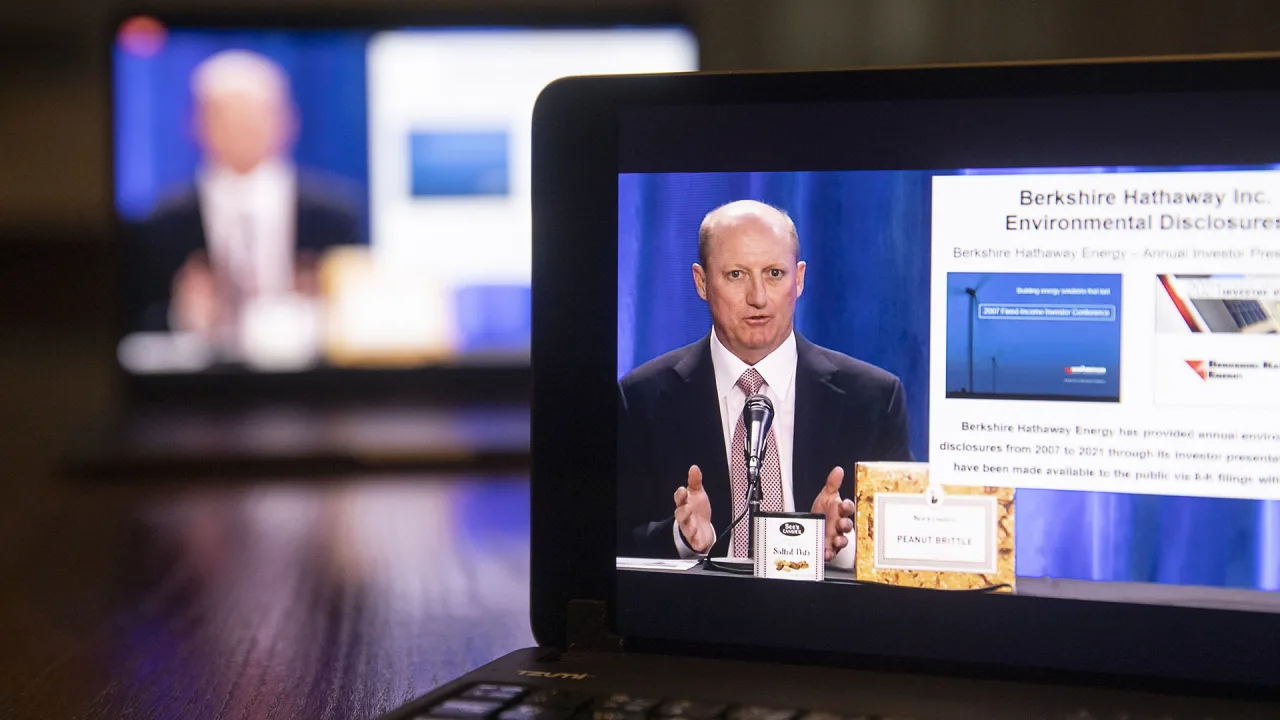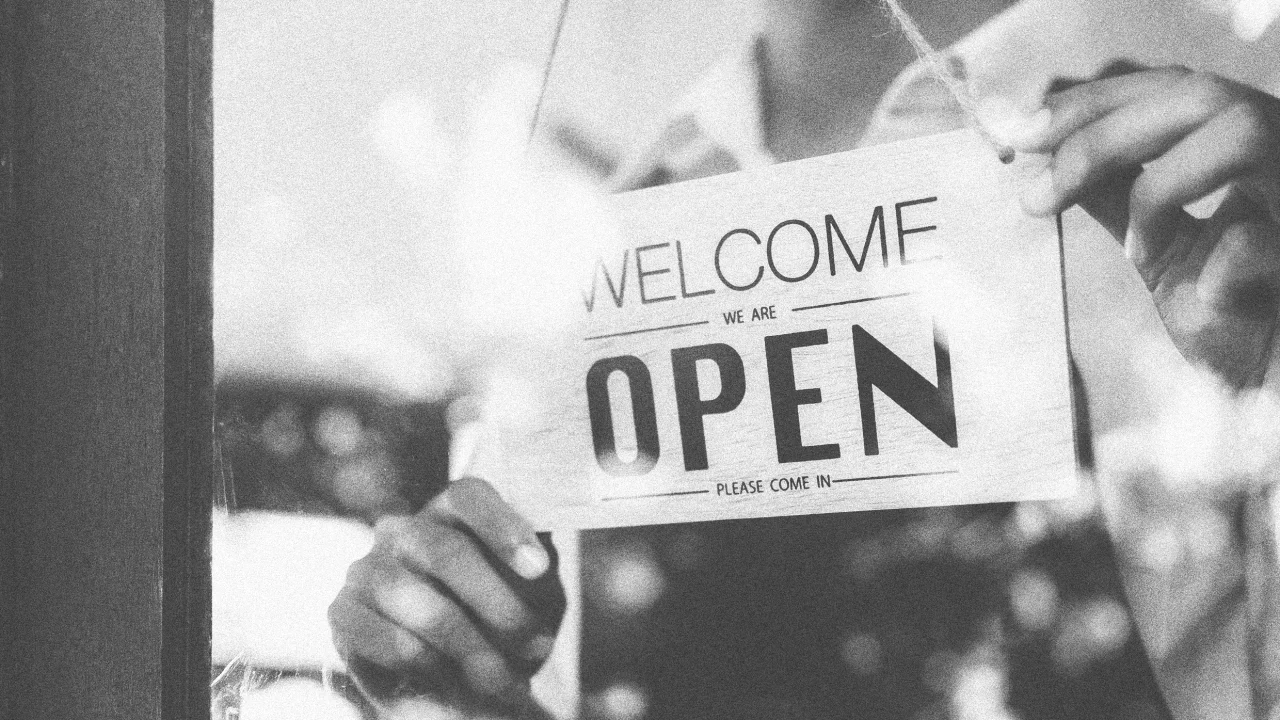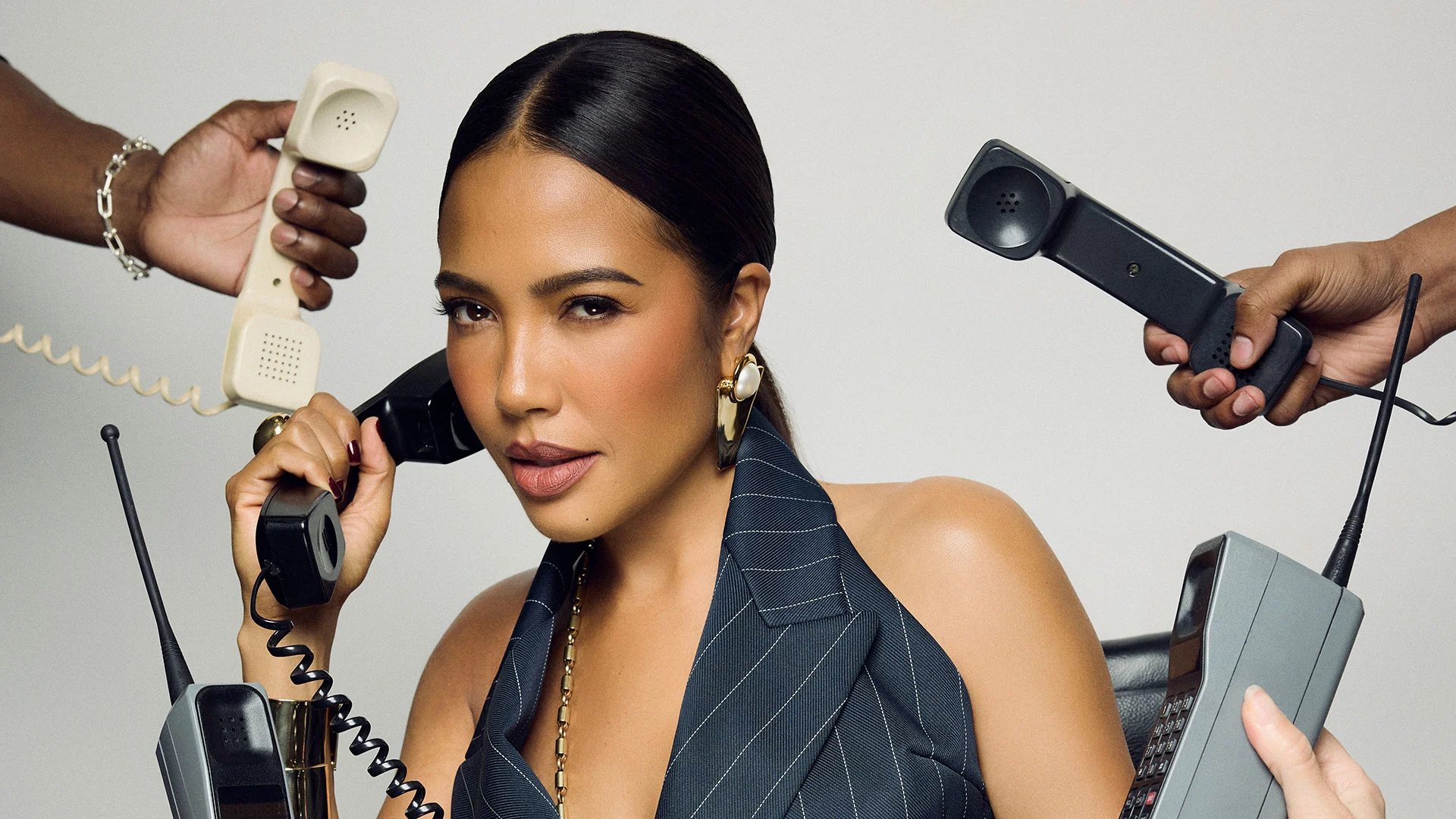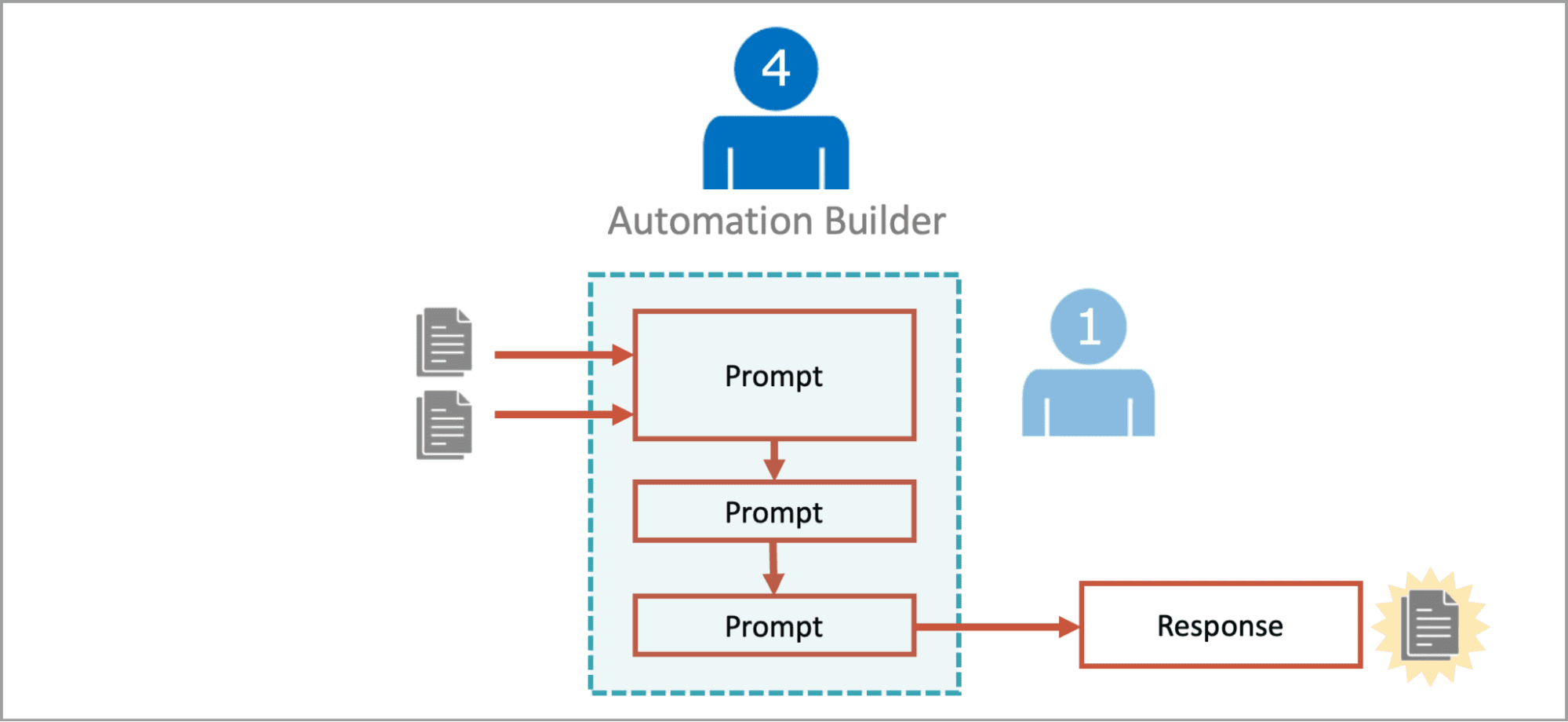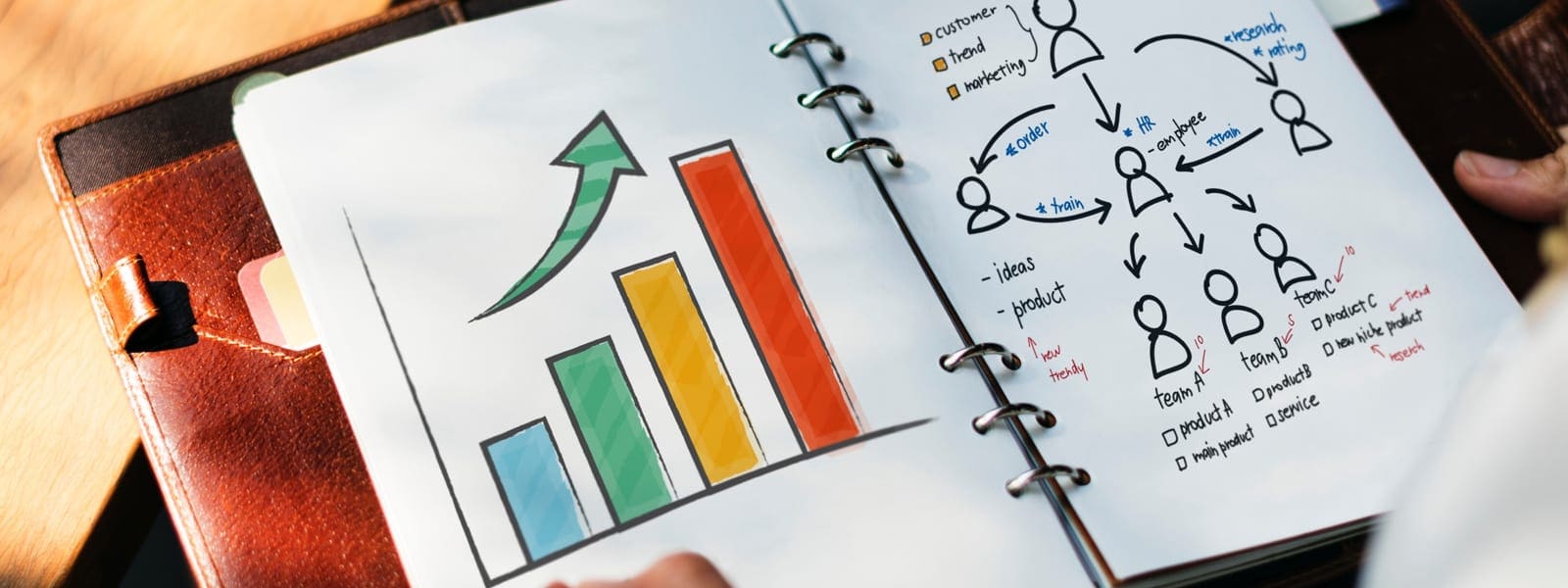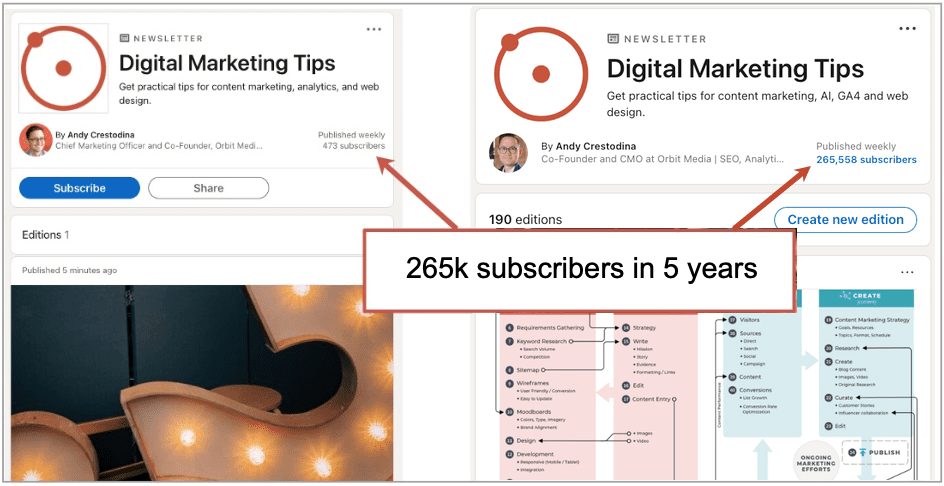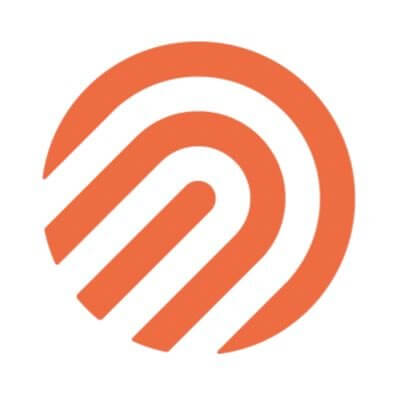How to Get the Most Out of That Third Paycheck This Month
If you’re on a bi-monthly pay schedule, you'll get paid three times in May. Make the extra one count.

Even if you're on top of your finances and never miss a payment, in the current economic climate, managing your bills can feel like swimming frantically and just keeping your head above water, with your paycheck evaporating before you even have a chance to appreciate it. If you’re on salary and get paid bi-weekly, however, there are two months out of the year in which you are paid three times instead of two—and May is one of those months.
Because your budget is probably based on getting paid twice per month, that thirdpay day can feel like a bonus—and it actually can serve you very well, if you play it smart. Here’s how to make the most of this month's "extra" paycheck.
Don't budget for it
Step one is to live your life like you only get paid 24 times every year. When setting up your budget and planning out your spending for the year (which you totally do...right?), you should pretend those two extra paychecks don’t exist. If you count them in your income, they’ll be absorbed into your everyday spending. That’s not necessarily a bad thing (and you have no choice, if your financial situation calls for it), but the benefit will be diluted. If you want those extra paychecks to feel like a bonus, start by forgetting all about them. Then when they roll in you, have a few smart ways to use them.
Put it into a savings account with interest
The most obvious smart way to use that third paycheck is to stash it in your savings—especially if you have a high-yield savings account (HYSA) you can dump it into. This puts that extra money to work for you, and gives you a little more breathing room during the rest of the year, or it can be put aside for future expenses like holiday shopping, a vacation you’ve planned, or a big purchase you know is coming up.
If you’re saving that third paycheck you need to have a plan for it. If you just leave it in your bank account there’s a risk it will just evaporate over time as you dip into it here and there when your budget gets a little busted. Again, using it to cover overages isn’t exactly a bad use of the money you earned, but it might not be the most impactful.
Invest it
A better option might be to invest the money. If you have retirement accounts, you can look into making extra contributions to help Future You have a more comfortable retirement plan. If you don’t have a retirement account, creating one with that extra paycheck could be the best thing you do all year—setting up an Individual Retirement Account (IRA) is pretty easy, and if you make a habit of stuffing your third paychecks into that IRA every year you’ll be very glad you did. Alternatively, if you already have an investment portfolio you can apply that paycheck there and beef up your holdings.
Invest in yourself
Speaking of investment, don’t forget about investing in yourself. That bonus paycheck could be used to make your future brighter in several ways:
Professional development. Using that extra money to earn a credential that can help you get promoted or find a better job can pay off in the long term without impacting your daily life.
Deferred healthcare. If you’ve been holding off on dental work or some other form of big-ticket healthcare due to the cost, a third paycheck offers an opportunity to do some very necessary self-care.
Lifestyle improvement. You could also use the bonus paycheck to pay for a gym membership or equipment to jump-start an exercise regimen that will pay off handsomely.
Start a business
A little extra cash can be used to launch a lucrative side hustle (many of these little businesses don’t require much—or any—startup cash) or small business. If you’ve had an idea for a service or product that you think could be turned into a money-making endeavor, that third paycheck might be all the startup capital you need to get it off the ground.
Create an emergency fund
Distinct from your general savings, an emergency fund protects you from unexpected disasters that would otherwise wipe out your savings and leave you in a terrible financial position. These include job loss, medical emergencies, and home repairs, any of which could spell doom if you’re not ready for them. Since we live in a world where 42% of Americans don’t have any sort of emergency fund at all, setting that extra paycheck aside specifically for that purpose is a very smart idea.
Pay down debt
You’re living in the world, which means you’re most likely carrying debt—it’s just a fact of modern life. If you have sufficient savings and an emergency fund, chipping away at your debt is a terrific use for an extra paycheck:
Pay down credit cards. The interest rates credit cards charge can be insane, and if you’re paying just minimum payments each month it will take you a very, very long time to erase even a modest balance. A balloon payment thrown at the card charging the most interest can be a dramatic improvement in your financial outlook moving forward.
Make an extra mortgage payment. If you have a mortgage on your house and the two third paychecks you get every month allows you to make two extra payments, you can literally shave years off your mortgage. For example, if you have a $300,000 30-year fixed-rate mortgage at 6.75% interest, your principal and interest comes out to $1,946 per month. If you can throw 2 extra payments totaling $3,900 per year using your two third paychecks, you can shave 10 years off your mortgage term and save $145,000 in interest.
Other debt. Any other kinds of debt you’re carrying can be reduced or eliminated, of course—student loan debt, personal loans, auto loans. As long as there’s no penalty for paying more than the monthly payment, you can whittle these down by applying that third paycheck.
It’s not often we get a break in this world. An extra paycheck is one of those times—but only if you make a plan to take advantage of it.







